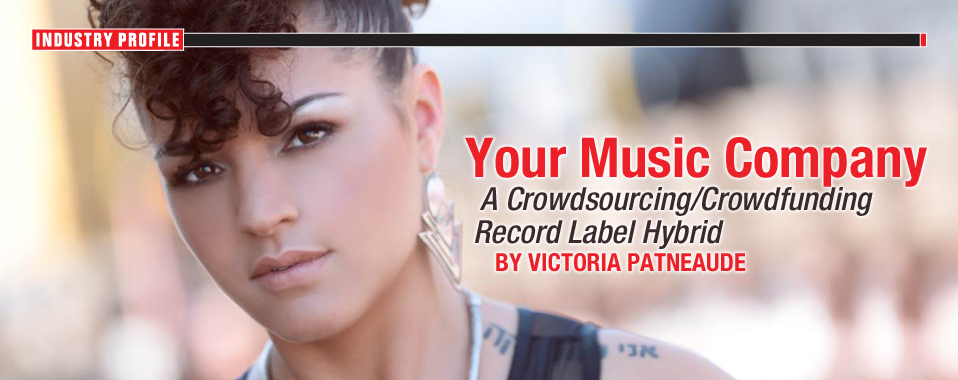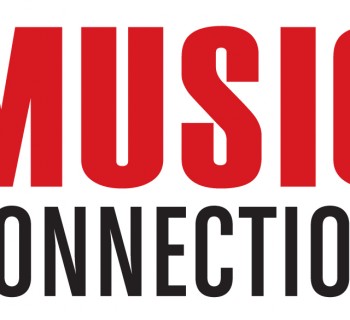
By Victoria Patneaude
Crowdsourcing and crowdfunding have raised many questions about the future of record labels, since the movement enables bands to go directly to fans to fund new projects. With these questions up in the air, it was only a matter of time before a website harnessed the best parts of the crowdsourcing/crowdfunding movement and paired them with the best parts of a record label.
Enter Your Music Company, a state-licensed music platform that has changed the model. Offering their investors—or rather, “fanvestors”—more than just a prize for donating, YMC is unique in that the company gives fans the opportunity to actually profit from the artists they’ve chosen to support.
Inspired by a French site, YMC founders Yael Benamour and Christel Gidouin decided that they could not only find a better way to execute the idea, but they could take it to the U.S. where nothing like it yet existed. By March of 2011, YMC was up and ready for business.
“Pop singer Georgia Jane is the first artist to be signed,” says Benamour, “the first to be fully funded and release a track.” After reaching her goal, the singer/songwriter was able to pay her fanvestors a reported total of $100,000.
However, not just any artist can raise money through YMC. In fact, an artist must first be approved through the site, where they will then go through a voting process in which fanvestors vote them on to the next round. By gaining at least 25,000 votes, artists and bands enter the funding phase, in which they have three months to reach their set goal. If that goal is not met, much like Kickstarter, all proceeds are returned. But, if the goal is met the artist enters the next phase in which all the funds raised go toward professional guidance, recording an album and filming a music video. Benamour elaborates: “The purchase of royalty interest doesn’t allow a fanvestor to own any kind of rights or percentage on a song, meaning if the song is picked up for film and television, they do not receive any part of the payout. Instead, their earning is received from track and album sales, with respect to distribution,” About three months after the first track is released, fanvestors split 25% of the net revenue based on the number of units they’ve invested in.
What’s most important within YMC, say its founders, is transparency. “Transparency is key for trust and success,” Benamour says. “YMC grants the right to fanvestors to request an audit of our accounting records in connection with the relevant album. They are able to see the calculation of net revenues and the calculation of the proceeds in respect of their royalty interest.”
For complete information, visit yourmusiccompany.com.










